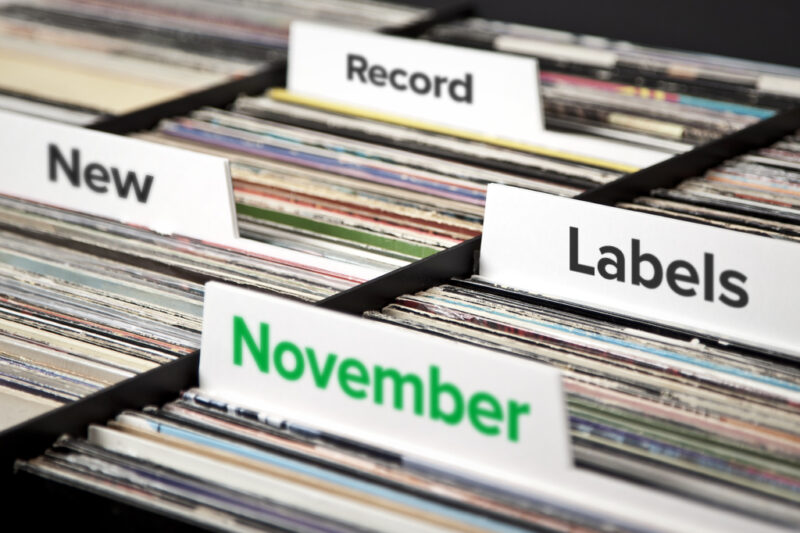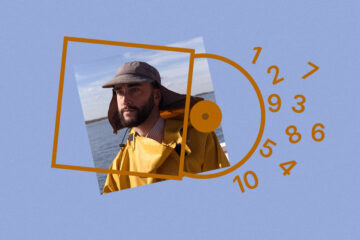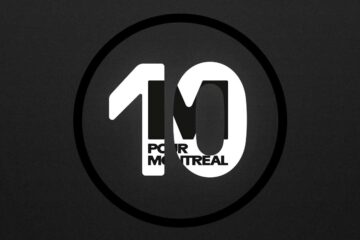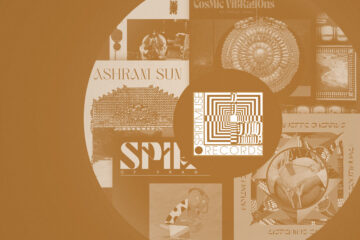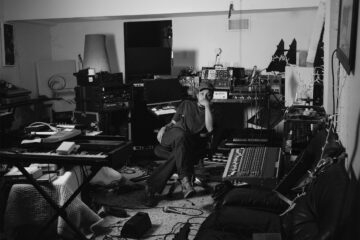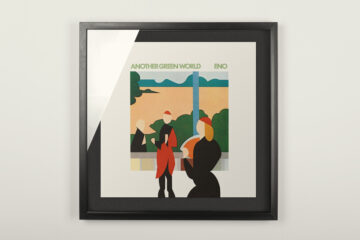Whilst Corvo concentrates on contemporary music experiments between microtonal tuba-drones, turntablism, or North African Berber music, Global Pop First Wave dives deep into the past, to »re-map Pop history, which is still shaped too much by a western hegemony«, as Büchler says about the work of his colleague Lunds. »In other words: do we not miss out central parts of Pop history, just because it is spatially in the „periphery“, of what we think about?« At the start, there was the compilation »Saz Beat«, which marked the arrival of Pop music in Turkey in the 60’s. With the »The Trip« tetralogy, a type of geographical migration of Central Europe to the Far East was recorded. »The concept first began with GPFW, which crystalized often over years«, explains Büchler. Consequently it takes a bit longer for the finished archive. »The compilations are then regularly curated, concerning the selection and sequence of the pieces of music, in order to demonstrate a particular historical course.« An undertaking, which not only satisfies fans of Funk or Psych-music, but also serves a scientific purpose through the academic articles written by Lund.
Yet again, how does this fit together with the music of Corvo? »Both labels occupy themselves with music, which questions what music can be«, Büchler says. »When it builds hybrids from global and local strands or questions, what music nowadays can be.«
Corvo bei hhv.de | Homepage von Corvo”:corvorecords.de | “Corvo bei Facebook | Gloabel Pop First Wave bei hhv.de
Early Sounds Recordings is an Italian record label from Naples founded in 2012 by the producers Dario di Pace, Pellegrino S. Snichelotto and Massimo di Lena. The label arose from the loose production collective Early Sounds Recordings, along with the first release. Since then successive solo as well as collaboration works have been published. »The need for a niche, which is the playground for our projects, has been enormously important for our development«, explains Snichelotto with obvious pride. Early Sounds place great importance on team work and keeps the offer as broad as possible. “Whether electronic or acoustic, House, Disco, obscure Boogie, Afro-influenced stuff or Jazz-Funk, we have very different roots, but go in a common direction. With a little twinkle in his eye, Snichelotto who himself publishes as Leskin and currently under the alias of Pellegrino, also speaks of »Mediterrean Disco«: percussive, fresh, sexy and the musical tradition of his home town Naples.
The sub-label Periodic, which was launched by di Pace and described by Snichelotto as the »scrubby brother of the well dressed Early Sounds« is characterised by somewhat a different key. Thanks to the producers MCMXC, Mystic Jungle, or the duo Manny, it is a little more jagged, while still paying attention to funkiness and energy. Periodica is not the only project that Early Sounds is affiliated with; Halfway Ritmo is the blog, which was founded by di Lena and collaborator Flavia as a kind of research platform. Artists from the Jazz and Funk traditions are the focus of Halfway Ritmo, the interviews put artists like Michael Rother or Yasuaki Shimizu into the limelight, who are in turn in musical exchange with the Early Sounds cosmos. Despite their regionally limited beginnings, the crew places great value on this: world wide, creative networking has become one of the declared themes of Early Sounds. Should it not be called »Worldwide Disco«.
Early Sounds bei hhv.de | Homepage von Early Sounds | Early Sounds bei Facebook | Early Sounds bei Soundcloud
Kikimora is a Canadian cassette label from Toronto founded in 2015 by producer Tony Boggs. »Kikimora is a ghost town, inhabited by me and my friends«, says Boggs about his project, whose roster spreads across the entire world. Boggs himself likes to ironically deal with the media confusions of the world, in his own music; the beginning of Kikimora marked his debut under the name Unfollow, the first tape was called »Zero Likes«. This is a small appeal made up of Soundcloud research and his own archived projects, which is simultaneously ironic and concise. »I think it’s a sort of outsider music, since there is this…blurred, delicate vibe. Perhaps it is just me that can hear it«, explains Boggs thoughtfully, adding that despite the variety of his own projects – Désormais, Joshua Treble, and Letter Letters for example – he has never felt as if he belonged to any scene. »I imagine the catalogue as a kind of big mix tape.« Very personal and by definition, very open.
The common theme of these mix tapes is more coloured by the personal relationships of Boggs to his artists than by stylistic considerations. Between the muffy Techno sounds so to speak, which he has published himself on Kikimora as Unfollow or Désormais, to the clanking synth sounds of the hyper-producer Hardware band German Army, up to the gritting sounds of Beau Wanzers, the music of Bogg’s friends is united above all by the all-round, analogue sounds.
On the one hand it is available as a download, on the other hand on cassette. An ideal decision? Not really. »Finally it is about money and turnaround times«, admits Boggs. For him tapes are inexpensive artifacts, but also small art objects; besides the artwork there is special value placed on the track sequence of each release and is not only mastered differently from the digital version, but partly also adds additional tracks or extended mixes of pieces, in order to make a coherent ensemble from each tape. The artwork is not distinguished by recognisable elements like other similarly stored tape-labels, rather it is individually produced by Boggs’ wife Dessa. In the ghost town of Kikimora everything follows the same ideology.
Kikimora bei hhv.de | Homepage von Kikimora | Kikimora bei Facebook | Kikimora bei Bandcamp

